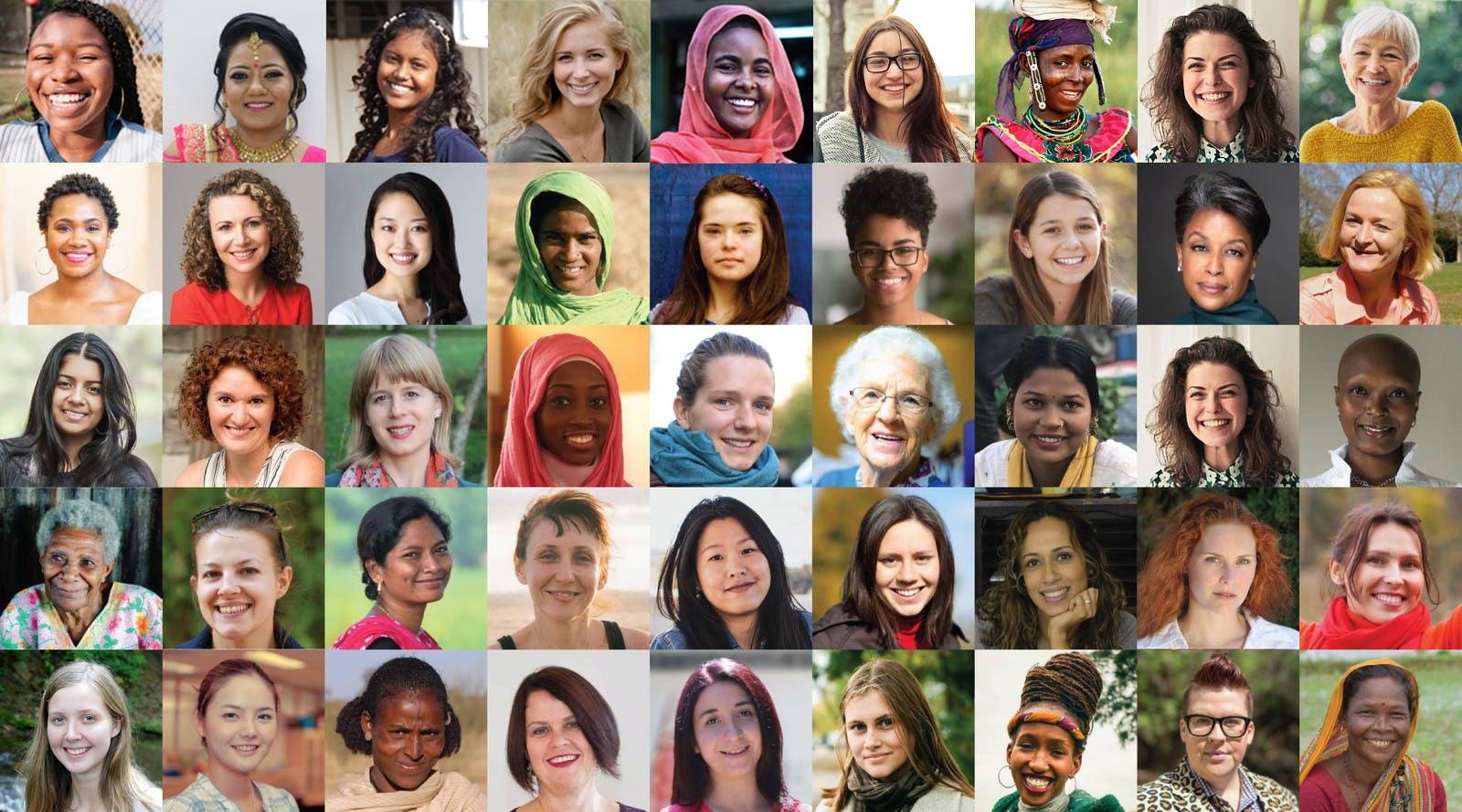Restoring Marine Biodiversity in the Colombian Pacific By Training Divers
| Category | Restore |
The Chocó Department in Western Colombia is one of the wettest areas in the world, raining more than 300 days per year. This level of precipitation creates rich forests full of biodiversity and flowing rivers that lead to magnificent beaches and flourishing aquatic life off the coast.
Many of those living in the natural beauty of the Colombian Pacific also live off it, as fishing provides a significant source of food and income. Yet, without an efficient system for collecting solid waste in the area, numerous fishers are forced to burn or bury their garbage on the beaches, resulting in the trash being swept away into the ocean by tides or rainfall.
One particular piece of trash is wreaking havoc on the local marine ecosystem, ghost nets. A fishing net that's been lost or abandoned in oceans or rivers, ghost nets are becoming more frequent, killing and injuring thousands of animals annually in the region.
Diving to save marine life
Support for this project will train and certify at least 40 empirical divers to remove ghost nets and fishing lines from the water and dispose of them properly. This will reduce the risk of entangled animals and mortality and clean the waters of the Chocó Department.
Funding will help identify empirical divers through the Association of Native Divers of Bahía Solano. It will also buy ten complete sets of diving gear and supply local instructors.
Training from one of the world’s leading divers
In charge of organizing field activities, training, and certifying the empirical divers is Sandra Bessudo, Founder and Executive Director of Fundación Malpelo y Otros Ecosistemas Marinos, or the Malpelo Foundation. This organization advocates for marine conservation using community-led research, monitoring, education, and responsible ecotourism.
As an underwater photographer, videographer, and professional diver for over three decades, Bessudo has completed over 7,000 dives and is passionate about documenting and protecting aquatic biodiversity and underwater environments. Appointed as Minister of the Environment under President Juan Manuel Santos, she managed and supported the creation of the Ministry of the Environment and Sustainable Development and the National Authority for Sustainable Fisheries and Aquaculture (AUNAP), to strengthen the government policy in environmental matters.
Gaining the community’s respect
The Malpelo Foundation has been working with the Chocó community for many years. Previous projects include providing supplies for locals to paint their houses, illustrating the marine fauna found in the Chocó Department, and working closely with the fishers to protect a nursery area for hammerhead sharks.
By involving the community and gaining trust, the Malpelo Foundation empowers locals to learn about the responsible use of resources and the importance of the surrounding ecosystem and helps them to take charge of their territory’s conservation. The goal of this project is ultimately to revive a fishing economy that respects nature and offers opportunities for people.
Protecting the life in the ocean
As a climate solution, this project safeguards species essential to the Chocó coast’s ecosystem, such as whales, sharks, rays, turtles, and many others, at risk of getting caught in ghost nets. When nature is protected in all forms, balance is restored, and a clean, safe environment is available for all.


.jpg?auto=compress%2Cformat)

